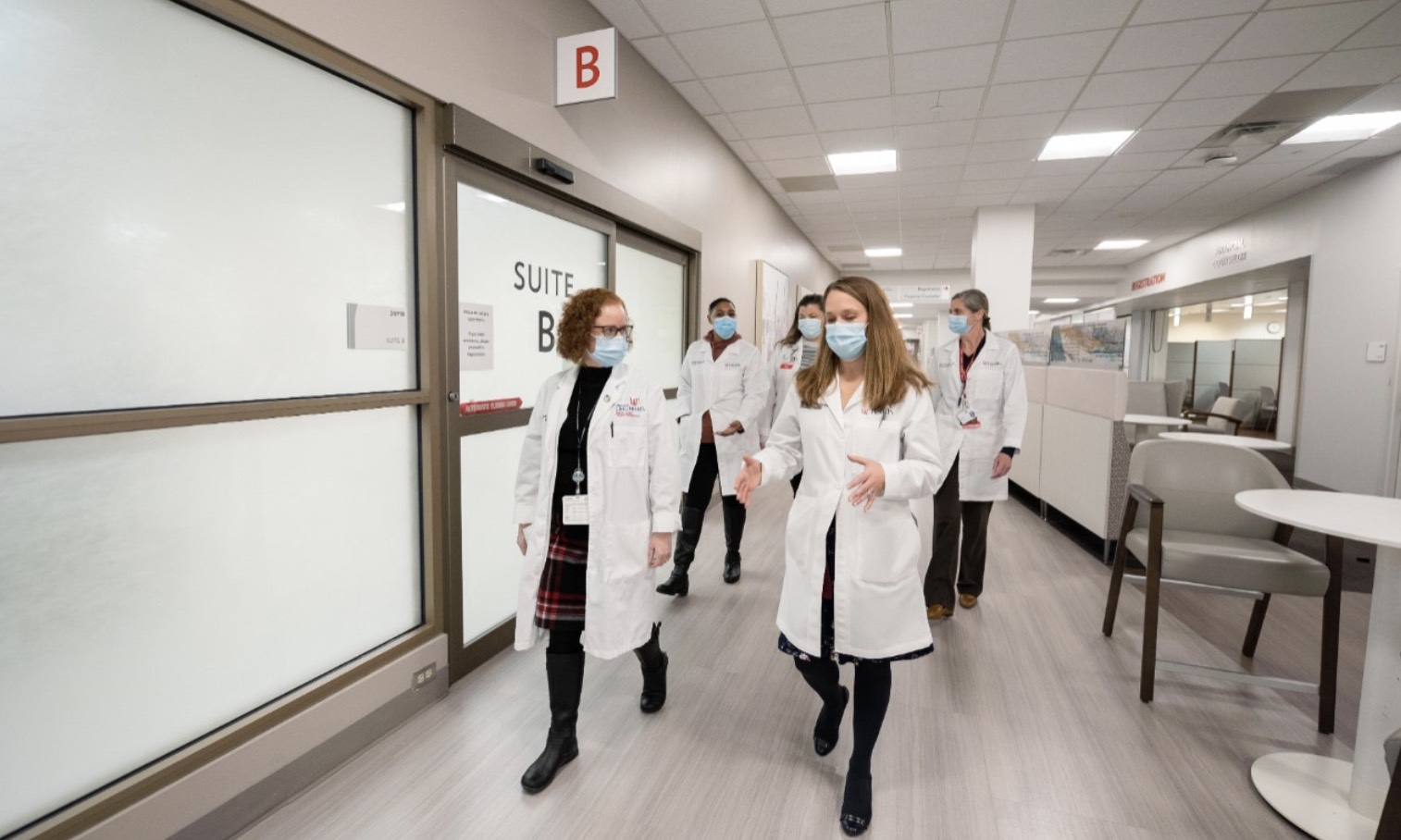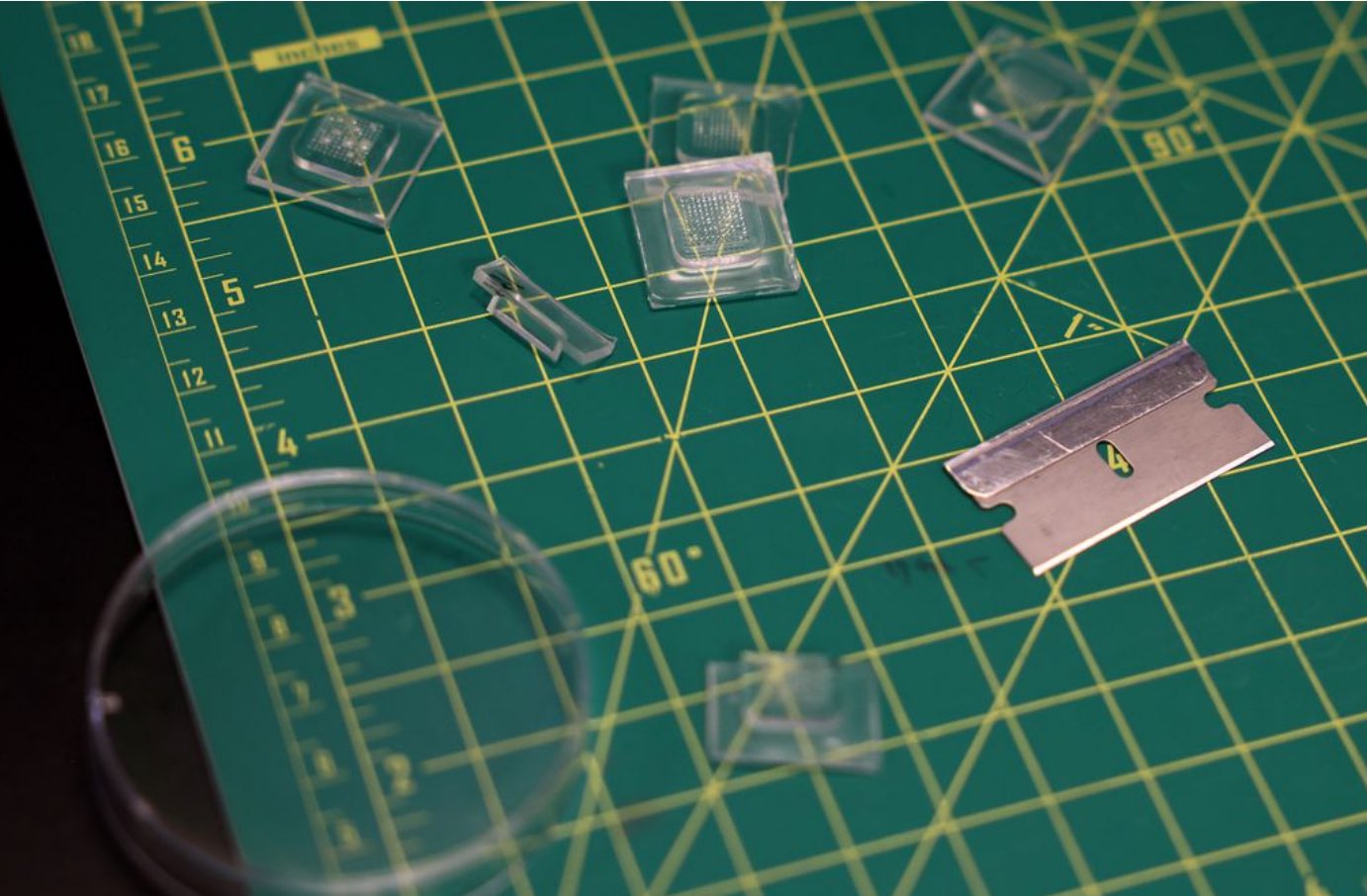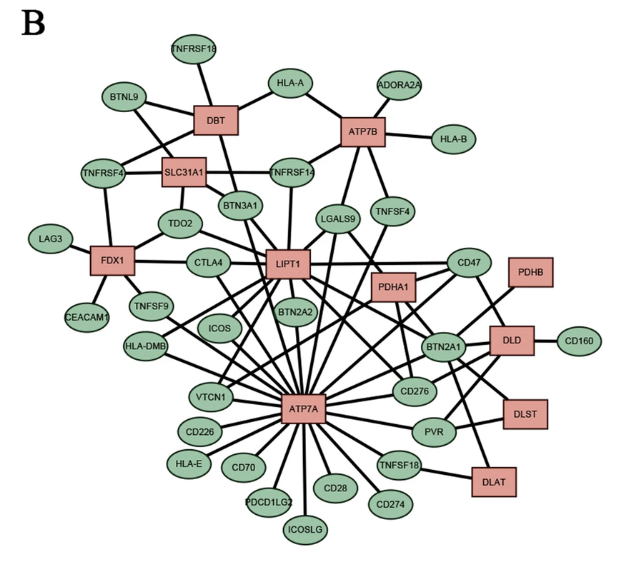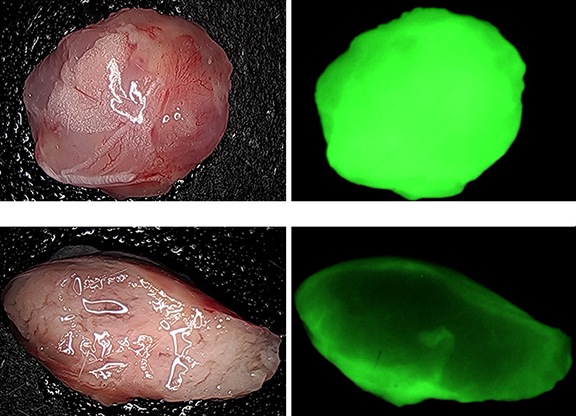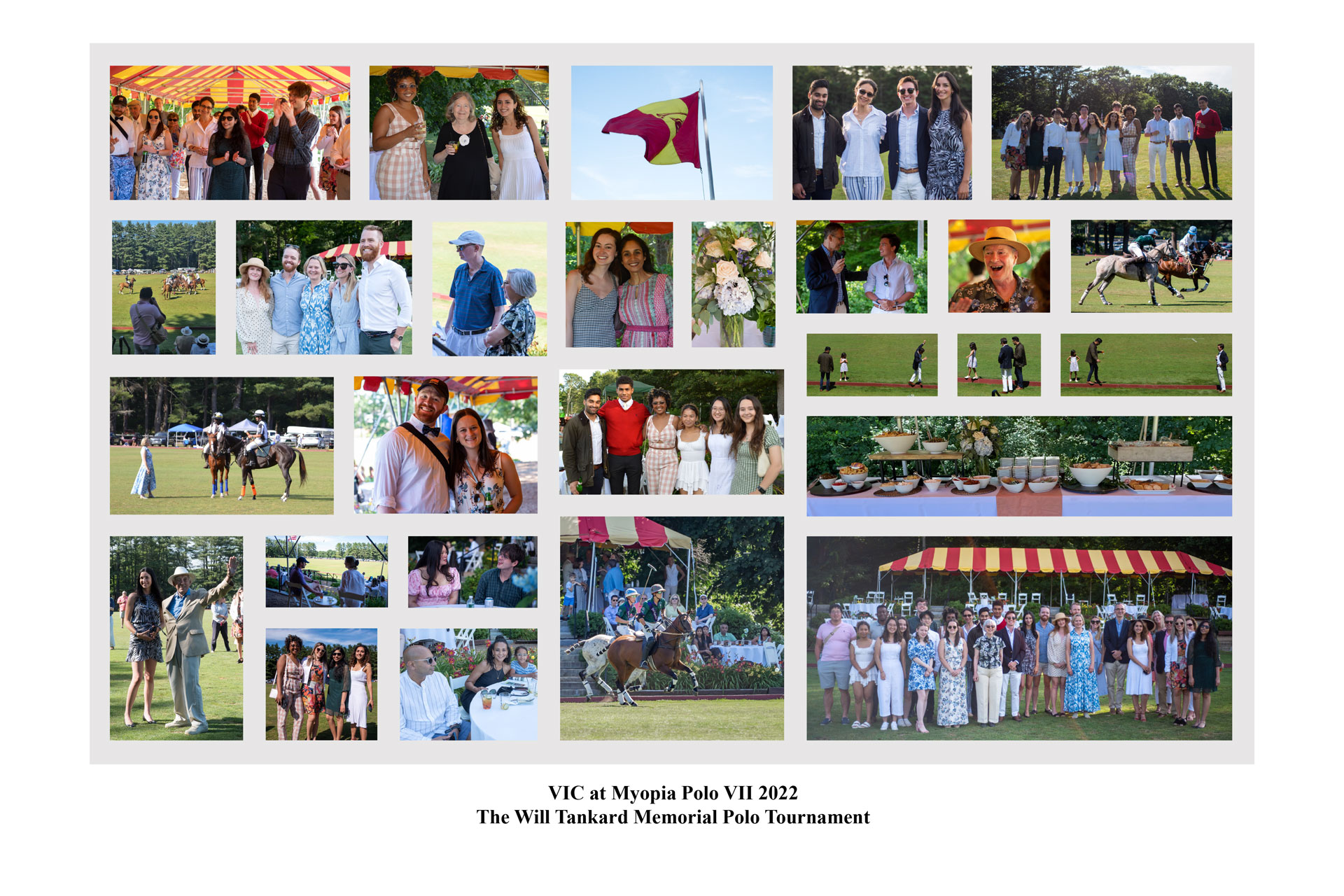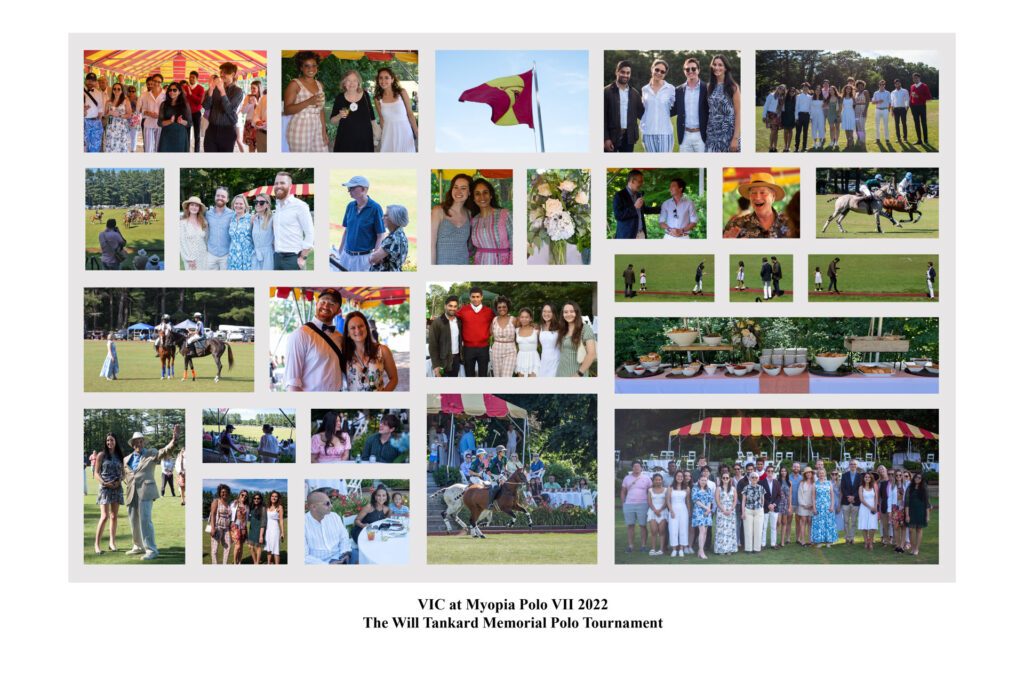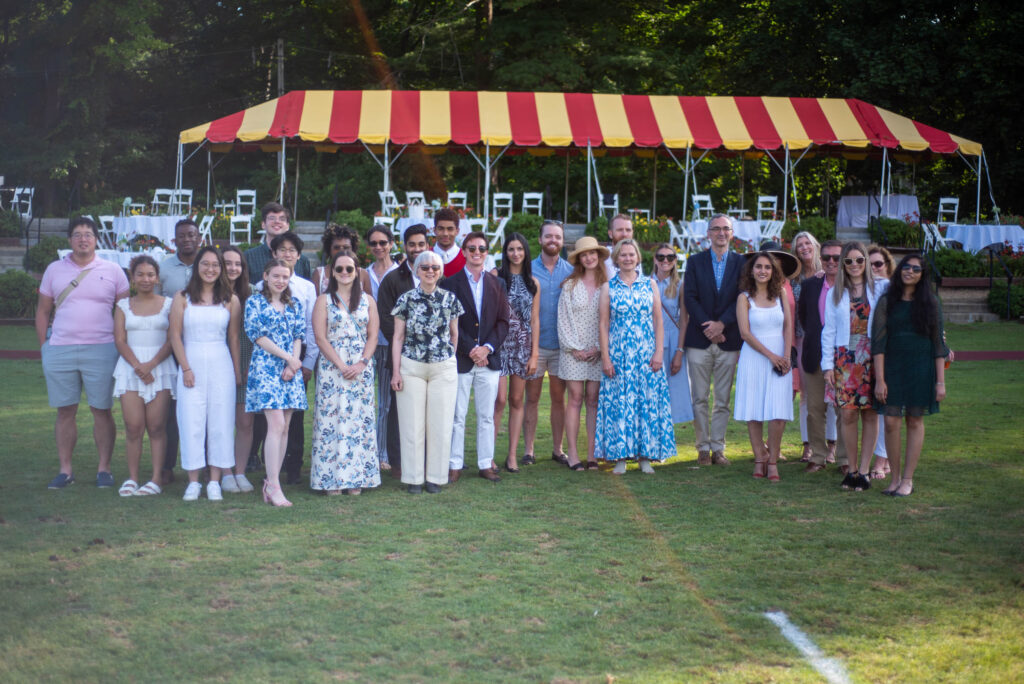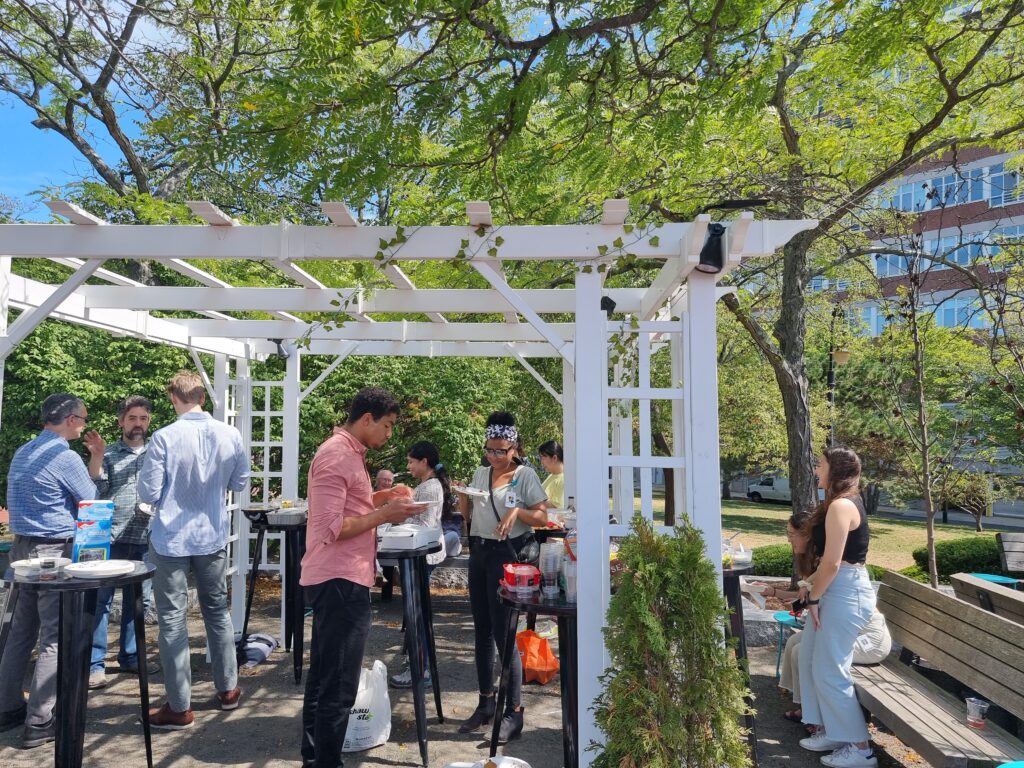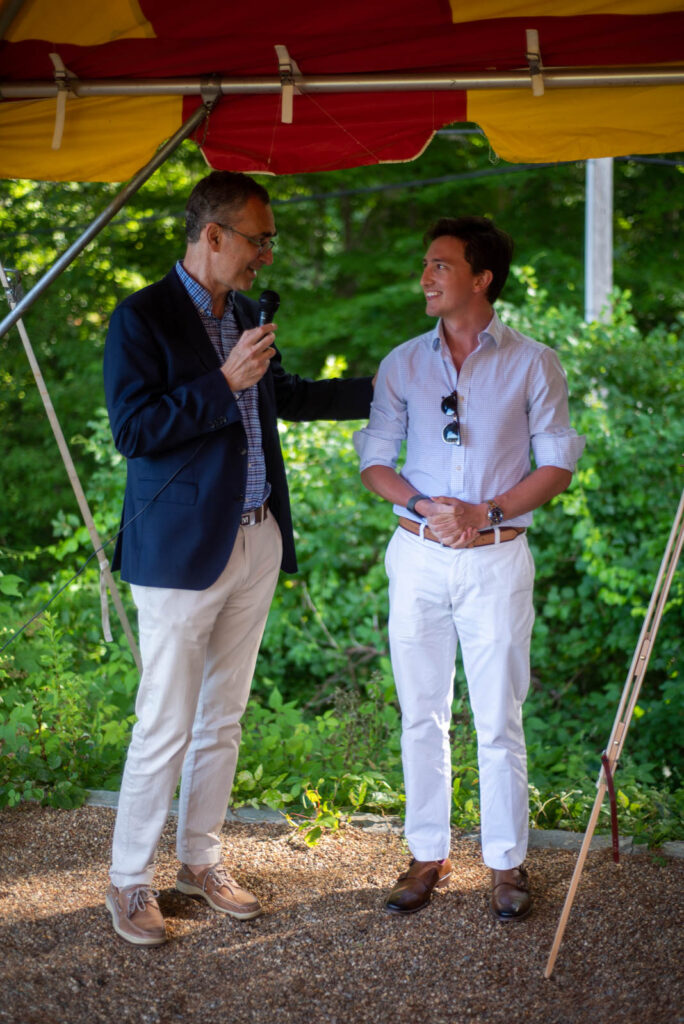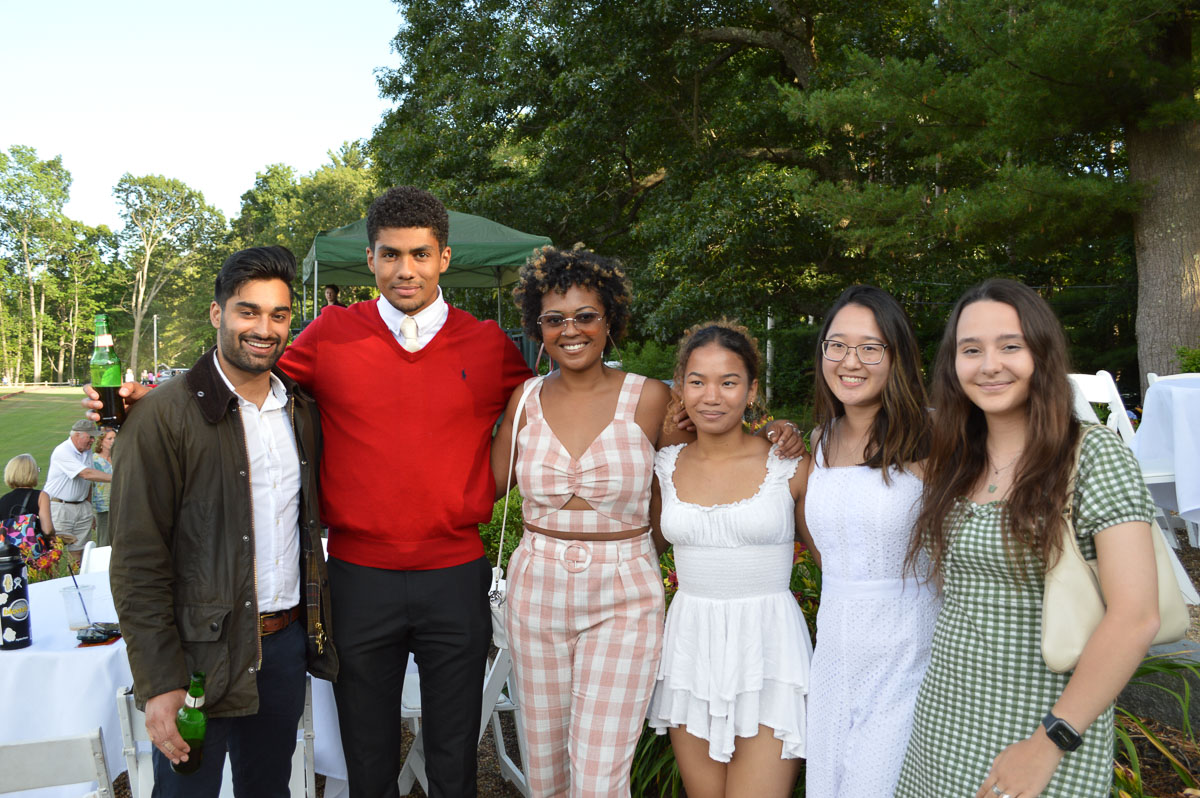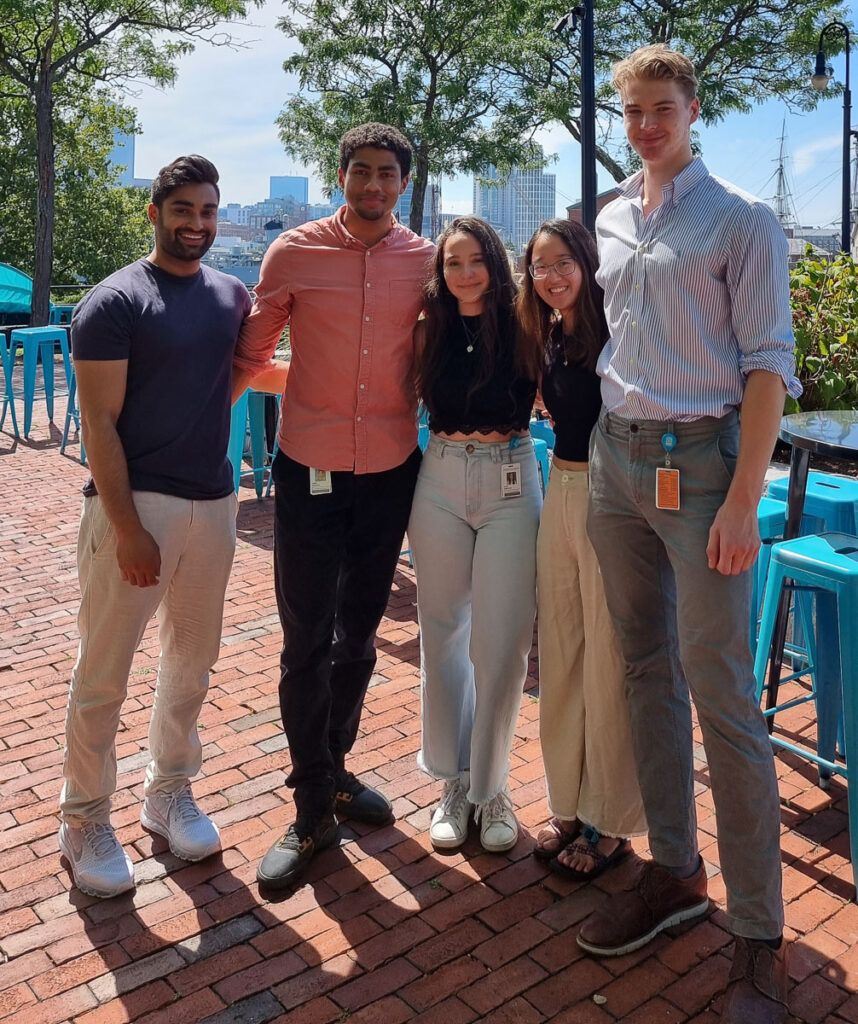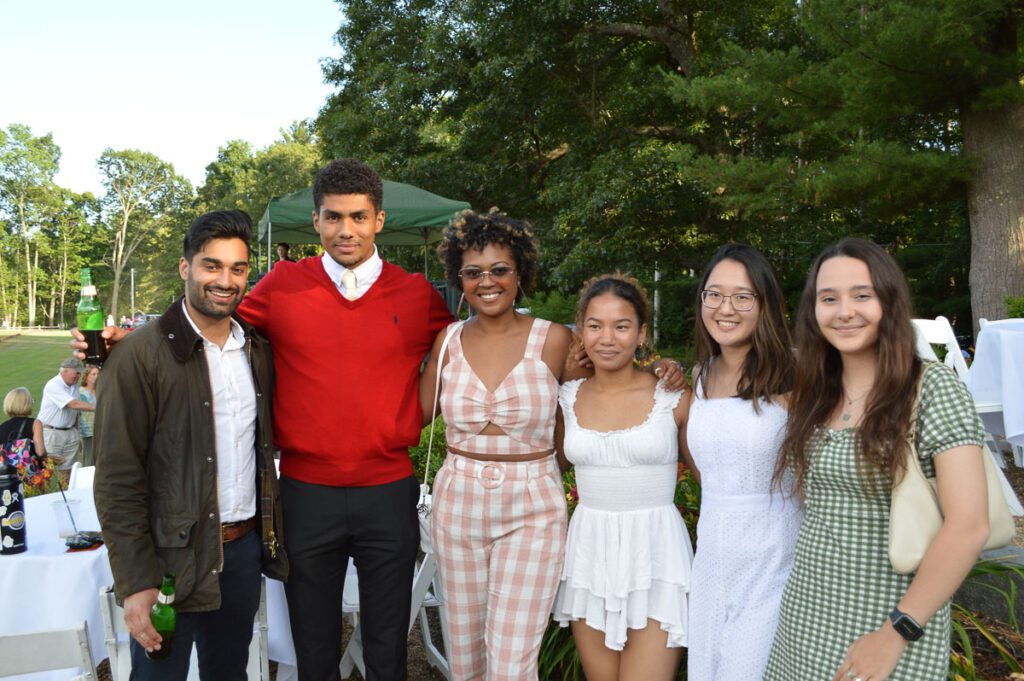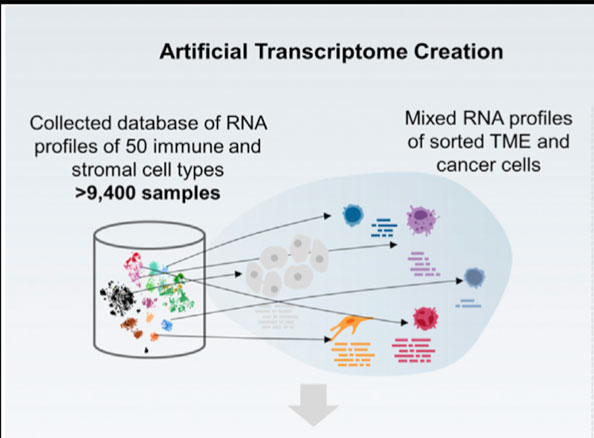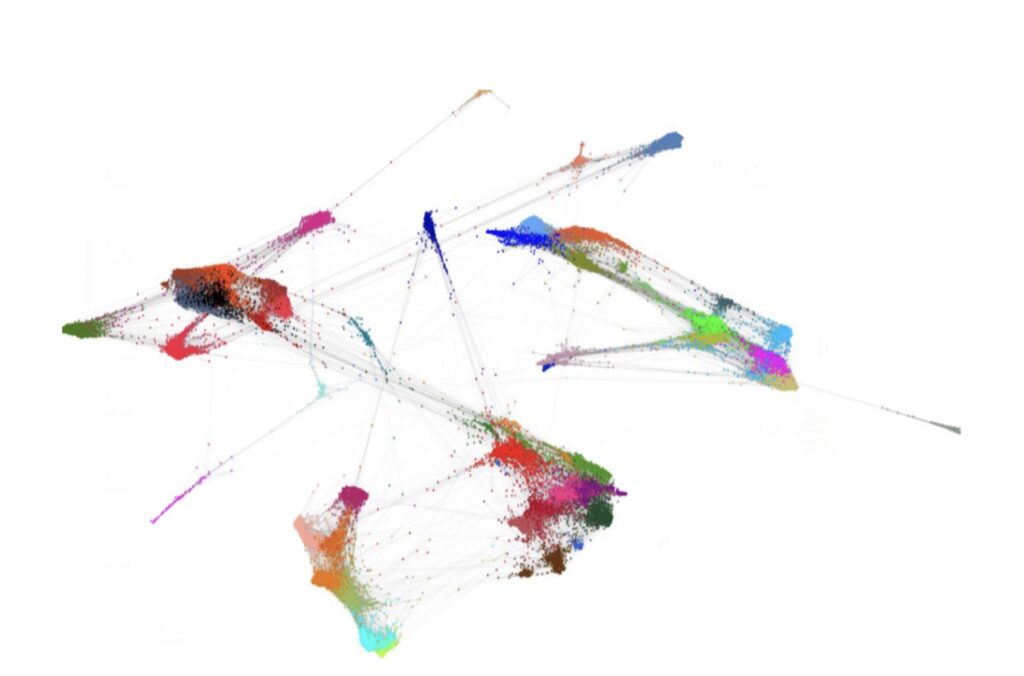Dr. Poznansky gives an invited research talk about latest advances at VIC with the development of a novel self-assembling vaccine platform at the Vaccines R and D international summit in Boston this month. This work is partnered with Voltron Therapeutics Inc. The company and its leadership are supporting product development and progress towards first in human studies with a self-assembling vaccine for cervical and head and neck cancer.
Investigating Cancer Immunotherapy Effects on COVID-19 Outcomes
New approaches to needle-less vaccine delivery
A novel cuproptosis-related immune checkpoint gene signature identification and experimental validation in hepatocellular carcinoma
Cancer-seeking molecular delivery system could boost immunotherapy drug, research finds
For past decades, the treatment of cancer has generally meant surgery, radiation, chemotherapy, or a combination of the above. Through recent work from a collaboration of researchers from the University of Rhode Island and Yale University comes the promising new approach of delivering immunotherapy agents, STING agonists, via a cancer-seeking molecular delivery system. The delivery relies on the acid-seeking molecule- pHLIP. These molecules deliver cargo directly to the tumor environment via targeting of the high acidity of cancerous tumors. Through this novel drug delivery technique, cancer immunotherapy may become even more effective.
Continue reading


